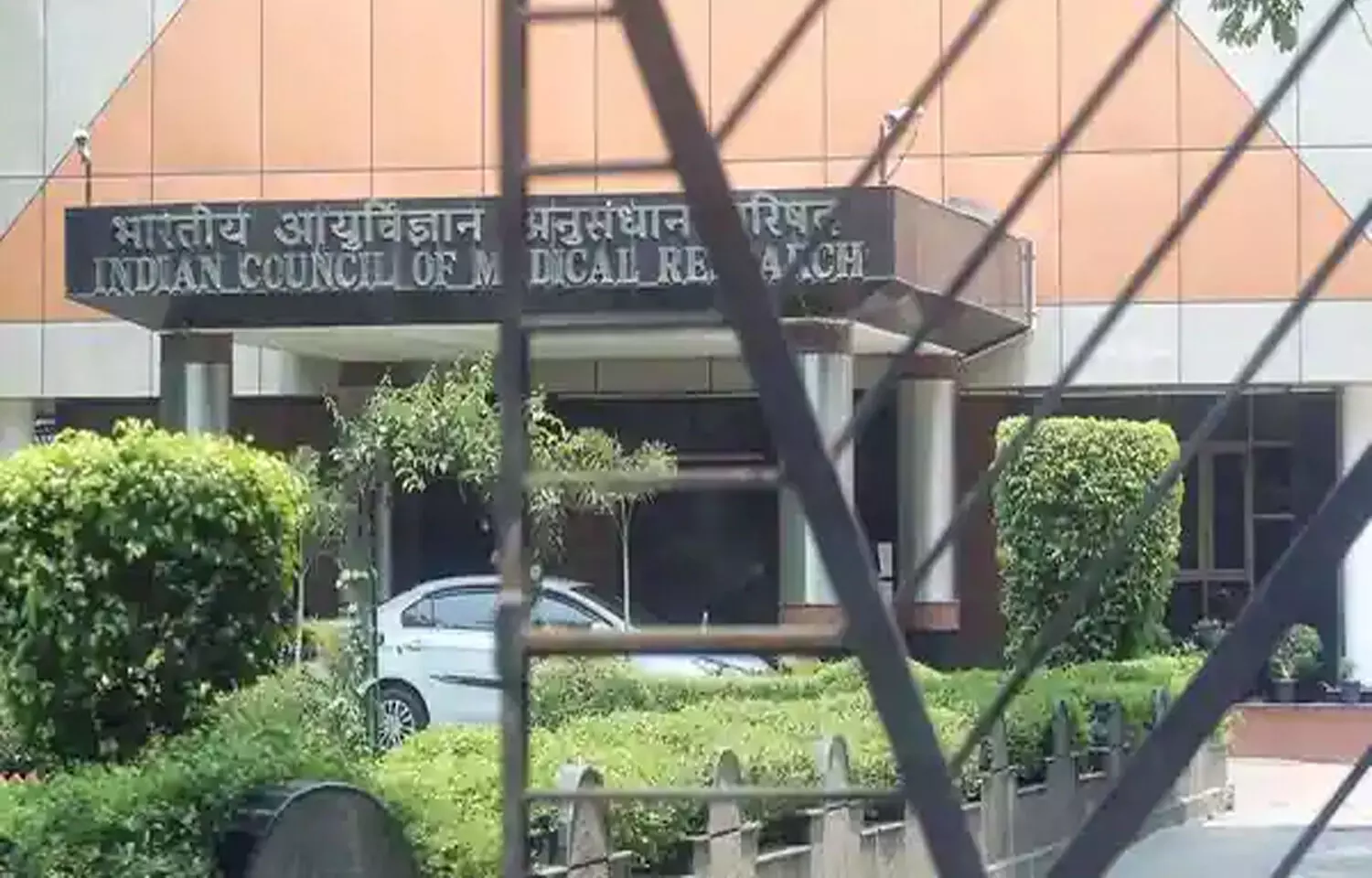
Chandigarh: With the Indian Council of Medical Research (ICMR) taking the initiative to develop a network of phase 1 clinical trial units (CTUs) across the country, the PGI is one of the four selected units so far which will play a crucial role in evaluating new drug, diagnostics and devices in the early phases of clinical development, commonly referred as exploratory clinical trials, fostering innovation and promoting indigenous research in particular.
Other three selected institutions are KEM Mumbai; Advanced Centre for Treatment, Research and Education in Cancer (ACTREC) Mumbai; and SRM Chennai.
“Over the past two years, the ICMR has been inspecting sites by rigorous inspections, presentations and on-site evaluations by expert teams to ensure they meet the highest standards,” said Prof Nusrat Shafiq, clinical pharmacology unit, department of pharmacology, PGI.
ICMR is keen that the existing unit was built in the last decade with support from Central Drug Research Institute, under the guidance of Prof Samir Malhotra, head of the department pharmacology. ICMR has proposed that PGI enhances its clinical trial unit by increasing its bed strength from four to eight for the participating volunteer/patient, creating dedicated areas for sampling and upgrading the existing units for enabling more types of exploratory studies in participants. “We would increase the unit this way for more nuanced studies so that it gives a boost to drug development in India,” said PGI director Prof Vivek Lal.
PGI’s unit has been actively supporting translational research by means of early (exploratory) clinical trials of new drugs and vaccines and now new devices.
The network is now supported by ICMR for optimising processes of these CTUs. The unit at PGI has conducted first in human studies of indigenously developed drug molecules and devices by colleagues/teams within the institute and collaborating institutes. The current team led by Prof Nusrat Shafiq is multi-disciplinary in nature and working towards improving processes, providing training on the special skills, capacity building and hand holding besides actual planning and conduct of such studies.
The advantages of these ICMR-supported networks are manifold. Firstly, they prioritise Indian developers, fostering a conducive environment for home-grown innovations. Secondly, they facilitate capacity building by providing specialised training and resources, enabling researchers to take their molecules further along the development pipeline. Additionally, these studies can be seamlessly expanded to other centres within the network, allowing for a broader representation of diverse populations and expediting the generation of comprehensive results.
“This project is for five years for which we have been allotted a dedicated budget, manpower, and training support. The vision is to develop larger, globally competitive units that meet international standards,” said Prof Nusrat. If a promising molecule or technology emerges from any institution, the ICMR’s network, including PGI, will lend its expertise and resources to facilitate its early phase translation.
First-in-human study was done in PGI in 2006
PGI is one of the oldest units for phase 1 clinical trials where the first-in-human study was conducted in 2006. This was on an anti-malarial drug molecule developed by Central Drug Research Institute, Lucknow. PGI was asked to take it further and a joint protocol was developed and delivered upon.
ICMR, PGI, clinical trials, research, phase 1, clinical trial units, advanced centre for treatment, research and education in cancer
#ICMR #selects #PGI #Phase #clinical #trials #Health #News #HealthWorld

